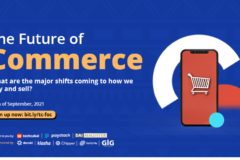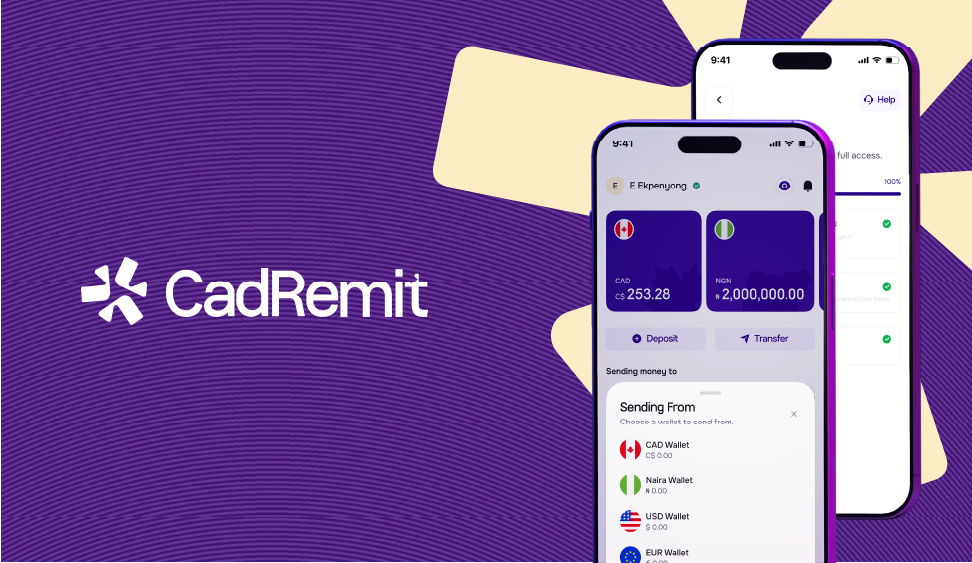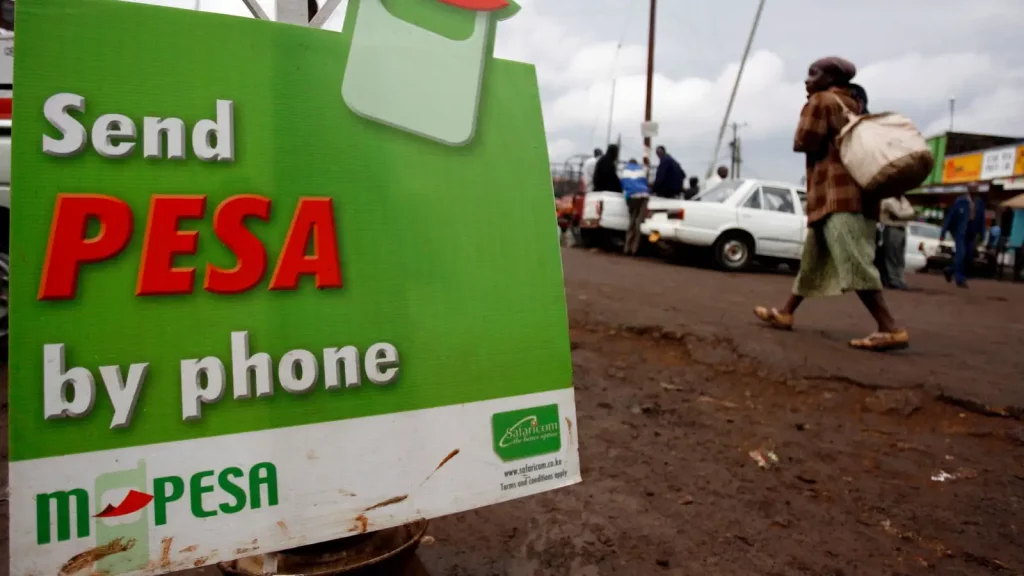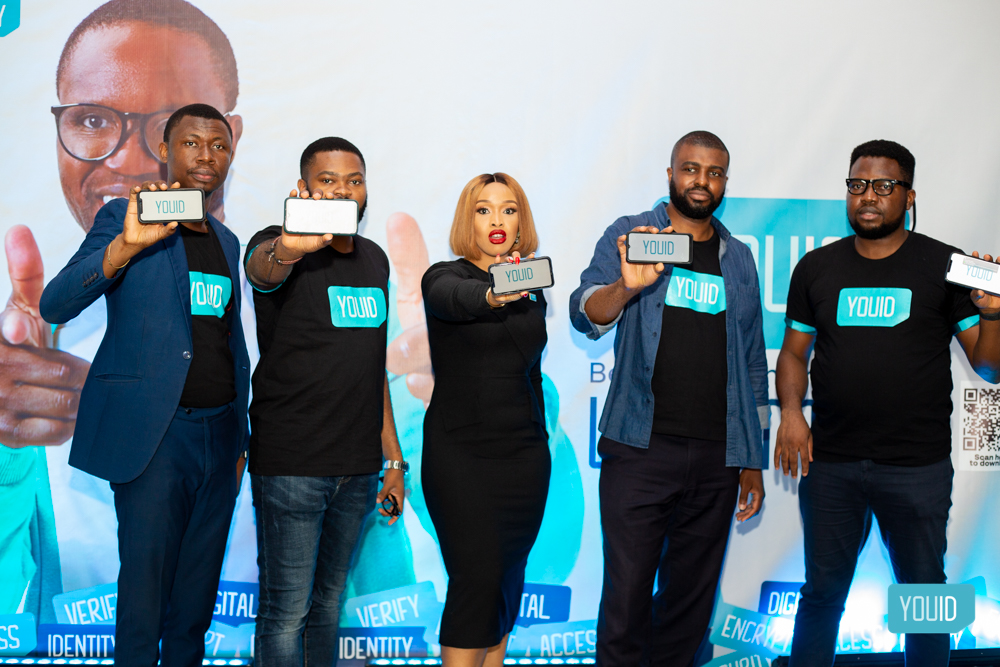
Over the years, cybersecurity breaches have compromised millions of accounts, resulting in the loss of money or important information stored online. However, with the emergence of innovative tech companies like Youverify, this narrative is fast changing.
The company focused on identity and access management with biometric identity verification and other digital identity solutions recently launched YouID; a secure digital ID wallet that lets individuals safely store personal details in an encrypted format and use it to access online services securely without having to fill a KYC form. YouID also collates and reports data breaches and leakages, while giving users access to a robust and secure marketplace. The app is available for free on Google and Apple Stores.
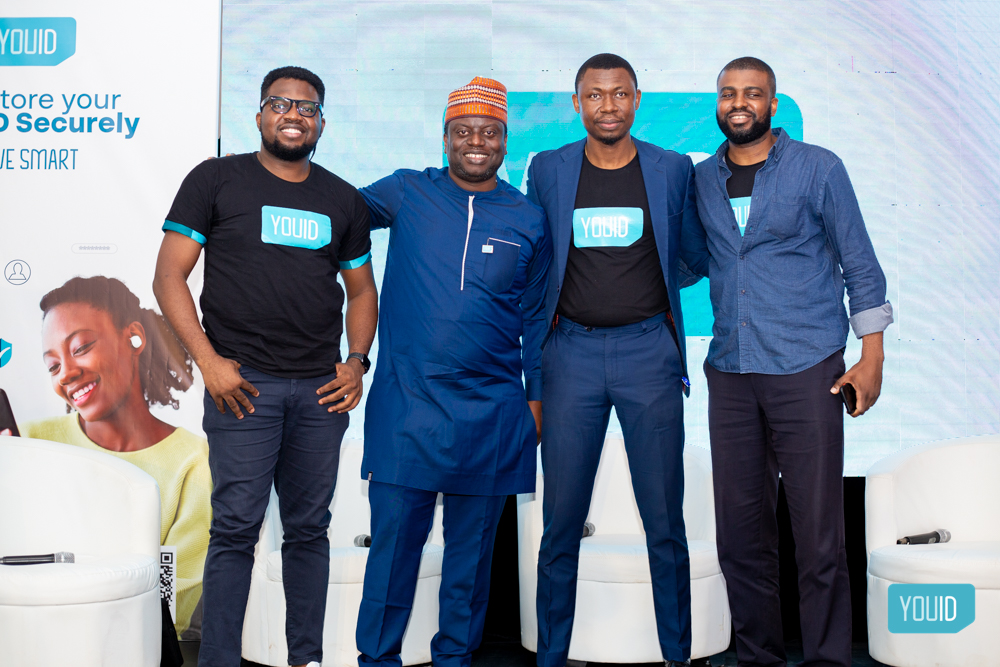
In this exclusive interview, Youverify’s CEO, Dr. Gbenga Odegbami discusses bridging Africa’s gap in data collection and management, how YouID is helping to address this with individuals and businesses in mind, as well as key lessons that have shaped his journey as an Engineer and Techpreneur.
We understand that YouID was created in response to certain recurring threats like identity theft, fraud, and other data bridges. How would you say this is a game-changer for both individuals and businesses?
Dr. Gbenga Odegbami: The future in terms of business opportunities for everybody lies in digital mobile technology. For instance, even if you want to get a job or participate in an event or access the internet, it is all mobile. Despite that being the future with 100% penetration we still have to fill long forms even if it’s on a mobile device which is usually replicated over most platforms. For almost every other service except BVN, they usually replicate what you have written on paper. The value of digital ID is the portability of your information and when all these opportunities are coming, the barrier as individuals and Africans is that of us accessing and exploiting those opportunities. How to make our identity portable and secure at the same time is what led to YouID. Something that can help you store your identity securely on your mobile phone and at the same time makes sure that we police ourselves because we don’t necessarily expect you to trust us with your information. The first thing we did was to make sure that we do not have access to your information. We also looked at what other countries have implemented in terms of certain safety measures to help protect user information and reduce cases of cybercrimes.

Are there any challenges you experienced during the implementation phase?
G.O: Not really because we realized that the first thing any digital ID platform must have is trust, and there is a lot in terms of regulations and advocacy locally and globally so one of the philosophies of our design is privacy, which means that we are more interested in privacy than for example our analytics. So, in every aspect, we prioritize privacy over the intrusion.
In terms of KYC, how do you ensure that user information is secure?
G.O: What we do is that when you input your information into the YouID app, it is encrypted and stored locally on your phone and doesn’t go on the internet for any purpose. The same kind of encryption is used by banks and other institutions. The key is to decrypt the data of the user in a way such that we don’t have access to it and that is core about the security. For instance, in Android devices, we include every feature that your phone provides to help protect your privacy in the app. For example, if the android app has a feature that allows restrictions on-screen capture or recording, we implement it to protect your device from being accessed by a third party to view your information. YouID also allows you to back up your data and access it on a new device compatible with either google cloud or iCloud. This is intentional because we don’t want your data backed up to us, so we put those measures in place to give you absolute control to either give or deny anyone access to your data.
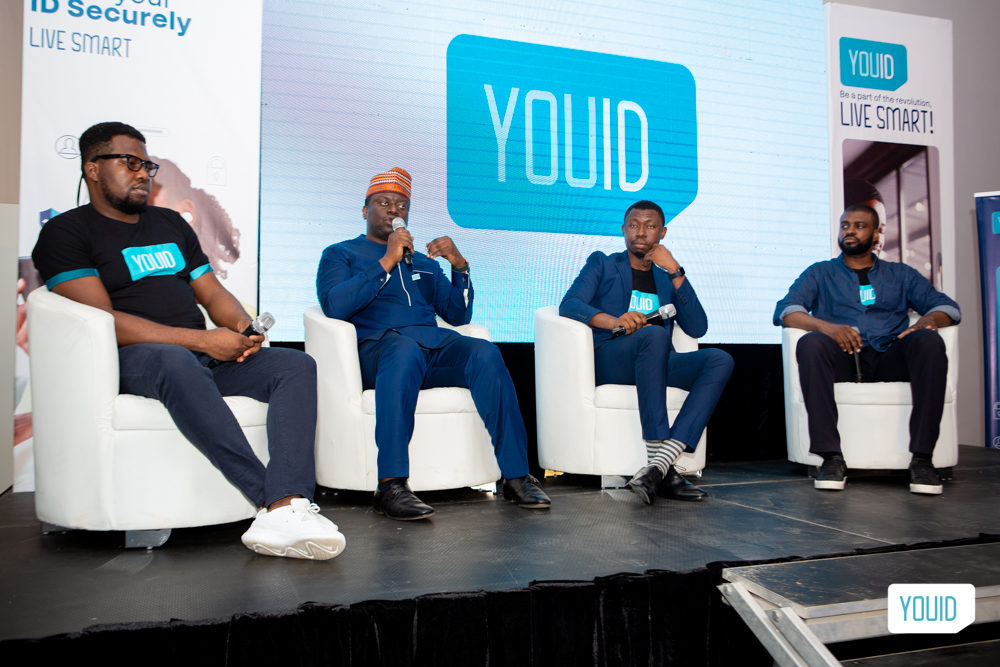
Director of Sales & Marketing, Youverify, Yemi-Joshua Oladeji; Head of Product and Youverify, Akinkugbe Oluseyi at YouID App media parley on Thursday July 22, 2021
What is the projection so far for the adoption of the YouID app, and could you speak to some measures that are currently in place to boost it?
G.O: In the last few days, close to 20,000 users have downloaded the app and we’ve gotten overwhelmingly positive feedback. People are excited about having a tech company that is interested in protecting their privacy. The responses so far have been fantastic and I think people will begin to see that using YouID will give them access to more opportunities because we have situations when service providers or merchants are willing to give better rates on YouID if we allow them to reach out to their customers. This means you can apply for such opportunities without having to fill a form. One thing most people are unaware of is that you are allowed to tell any organization that you want them to delete your data but it is usually found in the fine prints of the terms and conditions agreement that the majority of users never bother to read. But what we have done is, in the app, if you’ve given for example your BVN to a fintech company, using the app you can tell them to delete your data and if they do not, it becomes a legal infraction.

How has the YouID app been able to help businesses enhance their customer experience?
G.O: Some of the most fantastic user experiences we’ve seen are BVN and NIN and without NIN and BVN, the onboarding experience digitally would be very difficult. The way out is to take that experience that has been created for that well-funded fintech and just democratize it and make it available across almost every segment of our economy. Any kind of digitization experience or workflow that has been created in that segment of our economy can now be recreated for e-commerce, logistics, or e-hailing services or job applications. It tailors all the information provided to your direct needs and what you qualify for. For instance, if a user uploads their driver’s license as a form of identification, which we don’t have access to, we assign the driver’s license a metadata score which allows us to calculate using an in-house mathematical formula to determine the credibility of the driver’s license information provided.
Would you say the problem of bridging the gap in data collection and management is being solved in Africa? And what more needs to be done?
G.O: YouID is focused on the end-user but there’s still a big gap in data collection in Africa which is not a problem we can solve anytime soon. The reason is that acquisition of data is dependent on the national infrastructure available. The difficulty of locating addresses in rural areas has an impact on the quality and ability to acquire data. Right now, we are making a lot of progress around identity, but it goes beyond identity for us to make the kind of impact we truly need. A good example is real estate data which we don’t have, and all the data we have are either indifferent silos or owned by private organizations and very little data is accessible because they’re not open. When data is not open you strangle creativity and innovation and that’s exactly the situation we find ourselves in. Right now, we are not where we want to be in terms of data mining and acquisition but what we are trying to do is to solve it across Africa.
What other strategies do you think can be put in place to make Nigeria a more enabling environment for a robust and secure marketplace?
G.O: I think that policies and regulations from the government, for example, if you want to access an e-service with the minimum requirements, the government can move certain mandatory requirements to multiple industries. The reason why they might have been hesitating before is that there was no platform to do that. So now that there’s YouID, it’s a platform that is locally developed and regulated that can drive the government’s initiatives but is limited to using your NIN to register for your driver’s license, etc. It goes far beyond that because it can be used to boost our economy and save costs as the most innovative black nation in the world and for us to do that, we need to use policies and regulations.

Let’s talk about your journey as a Techpreneur and Electronics Engineer. What would you say have been some of your most rewarding and biggest challenges?
G.O: The biggest reward is when we achieve our results and our milestones which brings about a kind of indescribable joy. When you release a product after all the sleepless nights and all of a sudden it meets your expectations and people are happy about it. When we launched YouID, we were looking forward to some form of validation and feedback to know if it was a good idea or not. But when you get feedback telling you that you are in the right direction, I think that’s the biggest reward for me which is more than any financial or economic reward. I think you should just stay focused and if you have a plan, as long as the data that led you to come up with that plan has not changed, you should regardless of the distractions, trials, issues, macro factors that might be out there, you should just stay focused on your strategy because you’ll have to adapt. Our biggest problem is distractions and losing focus completely.
Who are your mentors? What core lessons have helped to shape your success as a leader in the tech and business industry?
G.O: Every one of my CEOs when I was in paid employment was my mentor directly or indirectly because they were giants in their field, and I learned a lot from them. Coming back from a hardcore tech background and now working with established business moguls like Austin Okere CEO CWG, you learn from them and how to navigate the business space in Nigeria. But outside my paid employment, one person that I learned from is Tunde Hassan Odukale of the Leadway Assurance Group- some of the ways he addresses and solves a problem are in terms of being analytical and asking critical questions has helped me. I also learned that when you use technology in a business, it makes it sustainable.
Would you say that YouID is the future of biometric identification in Nigeria?
G.O: I would say it is the future, but we do have a long way to go and we’re in it for the long haul. We are not here as a quick fix and then just walk away. We know we need to put in a lot of work and dedication into the tech space. We know that there’s a lot of advocacy that we need to do to enlighten people and create exposure.
Does Youverify have any expansion plans?
G.O: YouID is not a Nigerian product but a global product-focused in Africa. We plan to start launching marketplaces in phases in different countries so please stay tuned. It is also positioning Nigeria because of the African Union in terms of having a standard product for Africa and also in terms of the trade deal. It is giving Nigeria an edge to make sure that we have access and can be the leader economically. YouID is also making sure our people can access opportunities in other countries digitally and those marketplaces can be available to us over here.
Where do you see digital security in Africa over the next five to ten years?
G.O: We don’t have much of a choice but to improve, but it’s a moving target. I think that because of regulations, most organizations need to have standards and regulations in place with regard to financial institutions and information security. At Youverify, we see it as more of a business identity, because for instance, you won’t keep your money in a bank that doesn’t have a vault or other secure ways to protect your money. That’s the same way you want to keep your identity with an organization that you can trust. This is also why we have invested quite a lot in YouID security. In Nigeria, I think if more organizations can try to do what we do, Nigeria could be one of the best countries in terms of cybersecurity.
The YouID app is available for free on the Google and Apple Stores for users to download and begin their journey to a smarter and more secure lifestyle.
The conversation is ongoing join, here:
https://web.facebook.com/GetYouID











